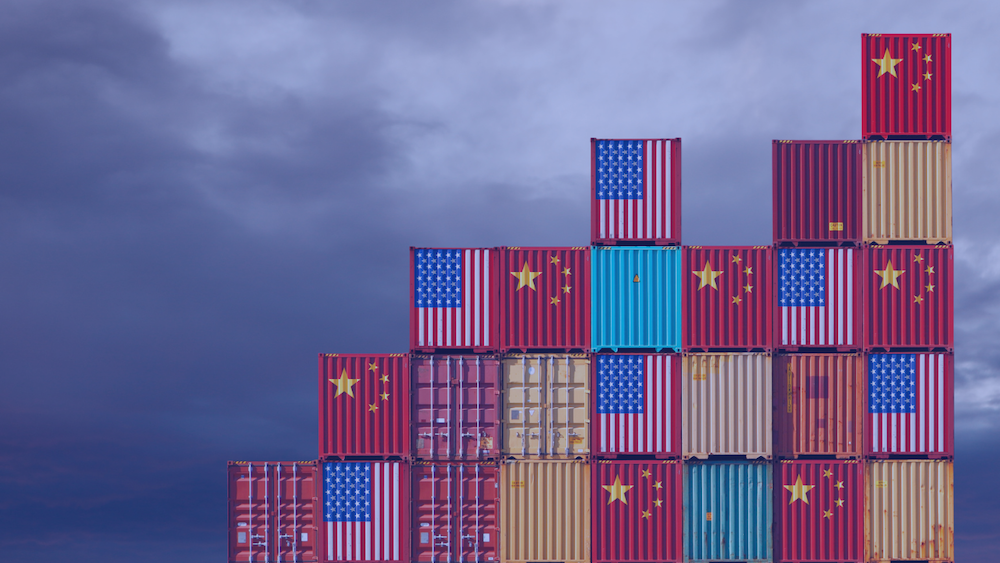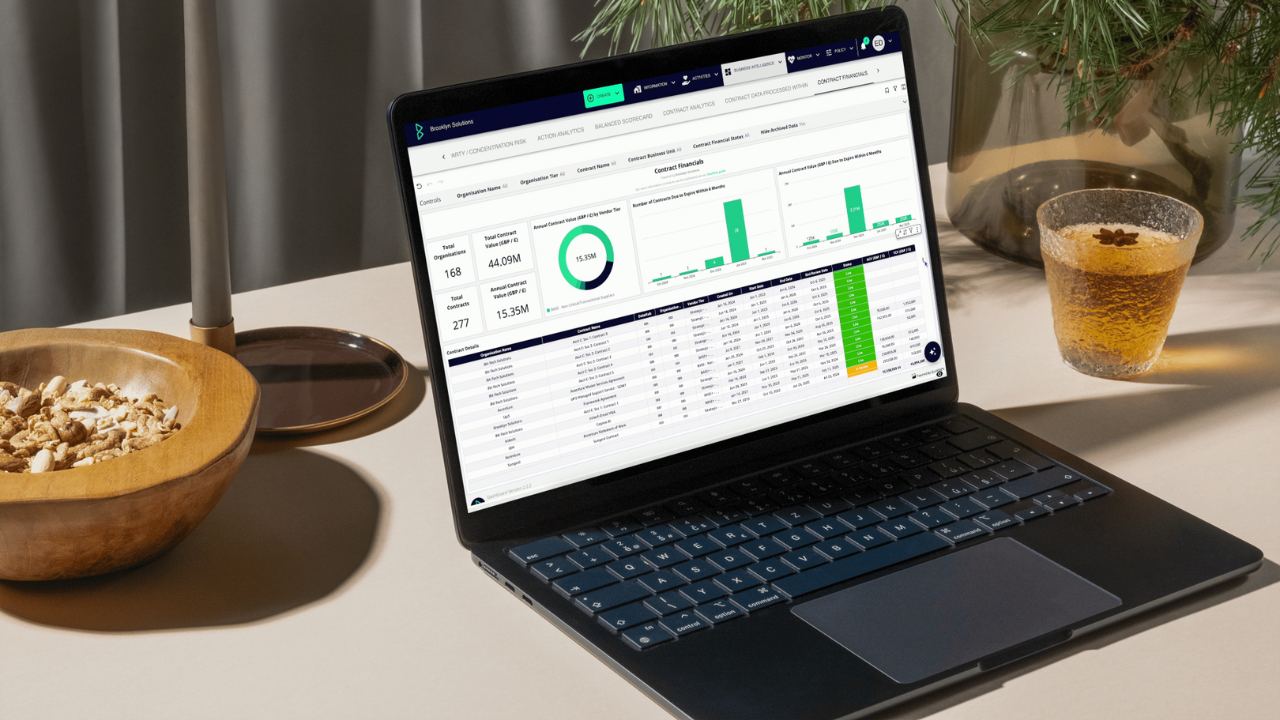In recent years there has been growing support for Chief Procurement Officers (CPOs) to become greater integration into the business and demonstrating the impact they can have on operating cost and the added value that they can help recognise. In line with this, it is widely accepted that the importance of post-contract management of the supply chain and vendors within it is gaining momentum and becoming ever more important to those looking to not see value eroded after the deal is signed but actually nurtured and increased over to.
Until now the discipline has lacked a consistent approach, in short how to respond to answer this conundrum and how maturity can be measured until now that is!
VendorOps is an approach and methodology that uses a set of defined principles. There are policies, processes, capabilities and platforms that can help to reinforce those principles and put them into practice acting as guide rails for any vendor management function. However, the platforms, policies and processes are just a means to an end. The end itself is VendorOps principles and embedding these into the values and behaviours of not only the vendor management function by the entire business and vendor landscape itself. It won’t be easy but it will be worth it and the benefits will start to flow incrementally faster than you might think, I guarantee it.
VendorOps success distills down to the organisation understanding the key VendorOps principles, the operating model helping to foster and reward strong alignment to them whilst identifying the policies, platforms and processes that enable your team to achieve them. The platforms and processes used to achieve VendorOps can vary from company to company depending on the objectives that the organisation holds and how regulated they are but that said VendorOps principles themselves are universal.



